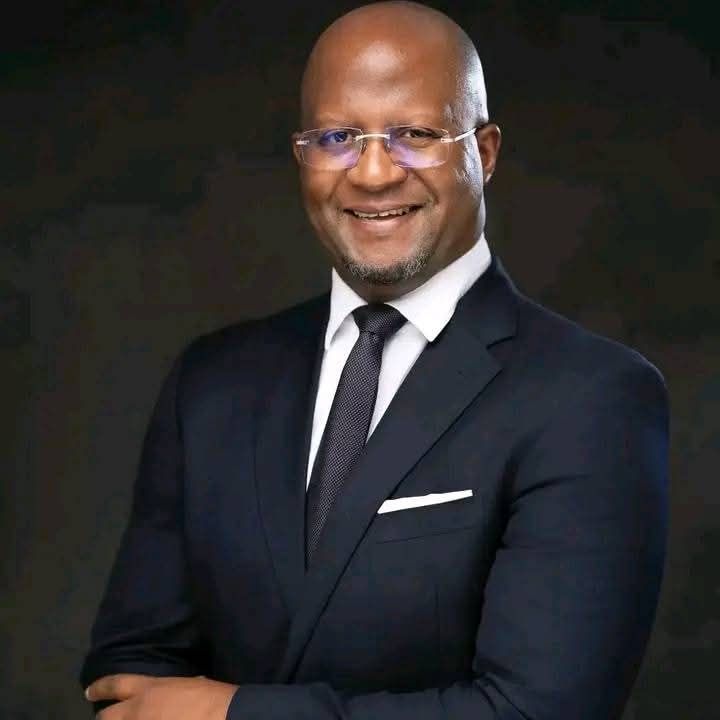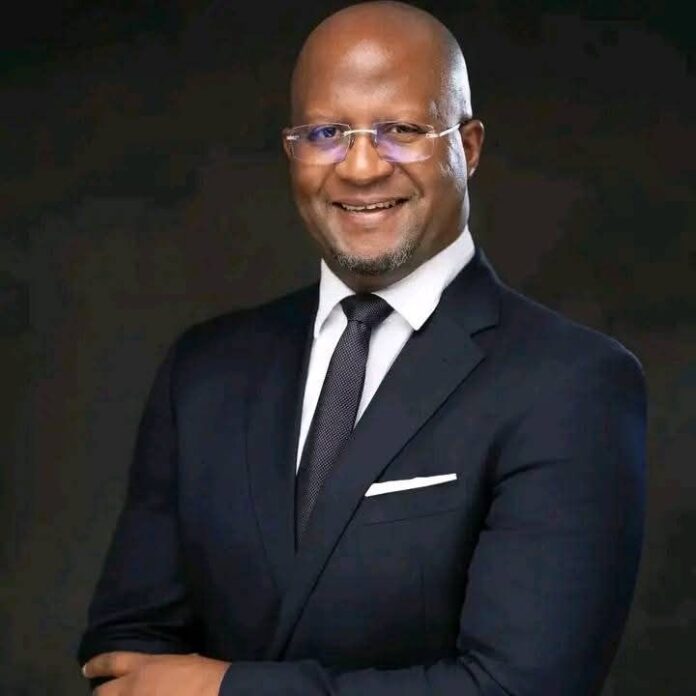By Durell Namasani
Two years after United Democratic Front (UDF) leader Atupele Muluzi first championed the creation of a Sovereign Wealth Fund (SWF) in his *Business First* strategy, the Malawian government has officially embraced the concept, marking a potential turning point in the nation’s economic governance. Muluzi’s vision—that Malawi must harness its mineral wealth for long-term public benefit—has now gained traction at the highest levels, with a feasibility study underway under the Open Government Partnership (OGP) National Action Plan (2023–25) .
This week, a high-profile workshop in Lilongwe brought together government officials, civil society, private sector leaders, and academics to chart a path for the SWF’s establishment. Deputy Secretary to the President and Cabinet Janet Banda affirmed the government’s commitment, calling the initiative “timely” and stressing the need to build technical expertise in mining revenue management . The SWF, modeled on global examples, aims to safeguard proceeds from Malawi’s burgeoning mining sector—projected to generate up to $600 million annually by 2034—and reinvest them in national development priorities aligned with the *Malawi 2063* agenda .

Muluzi, who has long framed the SWF as a tool to insulate resource wealth from political exploitation, hailed the move: *“This is a promise to future generations that the wealth from our land will serve our people, not political interests”* . Critics, however, note that the idea was also floated in the MCP’s 2019 manifesto, underscoring the need for bipartisan safeguards against misuse .
With Malawi poised for a minerals-driven transformation, the SWF’s success hinges on transparency and insulation from political interference—a challenge Muluzi and the government must now address head-on .



